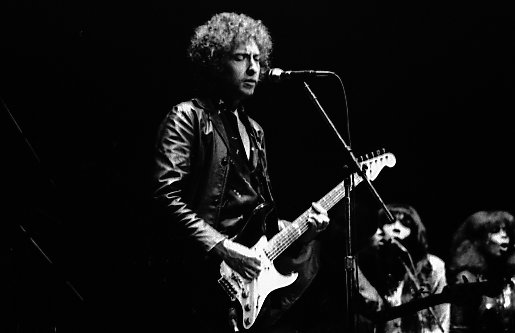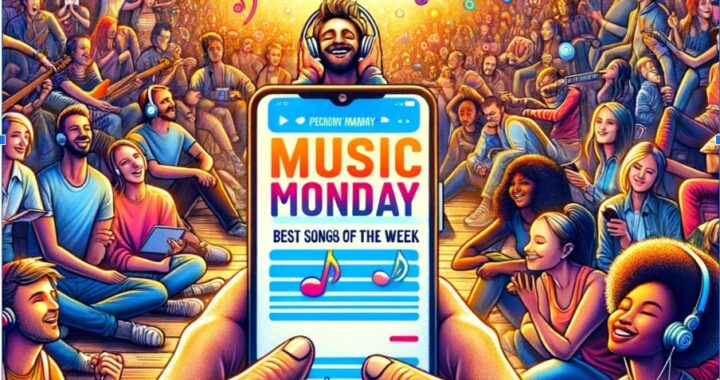Feature: Music to treat pain and reduce stress
4 min read
Both music and gaming casino rewards nz has been known to help people cope with their emotions, but it’s not yet widely used as a therapy for physical ailments.
New studies show that music improves people’s physical and mental health. For instance, a meta-analysis conducted by Levitin and his colleague Mona Lisa Chanda revealed that it boosts the body’s ability to fight infections and reduce stress as well as reportedly leads people to reduce anxiety before going under the knife.
Levitin noted that there’s evidence showing that music can be used as a healthcare tool and affected one’s health. According to the researchers, playing music stimulates the production of certain immune cells, which are useful in attacking invading viruses.
Levitin claims that music induces relaxation.
A study conducted on children in an emergency room revealed that listening to music eases their suffering. The researchers from the University of Alberta found that the kids who were given an IV drip while listening to calming music experienced significantly less pain and distress than those who were not given the option.
More than two-thirds of healthcare professionals stated that the IVs were easy to administer for those who listened to music, as opposed to those who did not.
The study shows that the brain reacts in specific ways to music which is a simple yet effective way to help ease the pain of kids going through medical procedures.
In addition, music aids adult patients. In a study conducted on patients in Singapore, the researchers noted that those who participated in live therapy sessions experienced pain relief. The therapy was customized by the healthcare facility’s music therapists, who were closely involved with the patients. They also participated in various activities such as songwriting and instrument playing.
Melanie Kwan, a music therapist in Singapore, said that the therapy helped patients relieve their acute pain and get rested up.
The healing power of vibration
Music is said to be rooted in the vibration of sound. Lee Bartel, a Ph.D. music professor at Toronto’s University of Toronto, is leading a group of researchers who are looking into the effects of sound vibrations on the symptoms of depression, Parkinson’s disease, and fibromyalgia.
The therapy, which is referred to as vibroacoustic therapy, involves using low frequencies to massage and stimulate the body. Patients are placed on a bed or a mat, and they are equipped with speakers that emit vibrations.
A study in 2009 revealed that short-term vibroacoustic therapy improves the symptoms of Parkinson’s disease. The researchers noted that the condition of the patients improved as they moved toward walking faster and reduced their rigidity.
For the study, the scientists placed 40 Parkinson’s patients under low-frequency sound waves for about a minute. They then alternated between the two periods for a total of ten minutes. The researchers are currently planning on conducting a long-term study with the help of a collaboration between the university’s music and health research facilities and scientists from other countries.
The group is currently focused on analyzing a phenomenon known as thalamocortical dysrhythmia, which refers to the rhythmic activity of the thalamus and outer cortex.
The rhythmic pulse of music stabilizes and drives disorientation. He is currently leading a study that’s focused on the use of vibroacoustic therapy on Alzheimer’s disease patients. The goal of the research is to restore normal communication between the brain regions.
In a case study, the researchers were able to see how vibroacoustic therapy contributes to a woman with Parkinson’s disease. After being placed under 40hertz sound waves for 30 minutes three times each week for four weeks, the patient was able to recall the names of her three grandchildren much easier.
The researchers are currently working on developing effective music therapy and treatment protocols that are helpful to patients with neurological conditions. Instead of focusing only on the cultural significance of music, Bartel claims that it should be considered a type of vibratory stimulus that also affect memory and cognitive functions.
Through studies on the body and the brain, researchers are able to gain a deeper understanding of how music affects the functioning of the organs.
Note: The above research was not conducted by Renowned For Sound and the publication has no affiliation to its findings.
::: RenownedForSound.com’s Editor and Founder –
Interviewing and reviewing the best in new music and globally recognized artists is his passion.
Over the years he has been lucky enough to review thousands of music releases and concerts and interview artists ranging from top selling superstars like 27-time Grammy Award winner Alison Krauss, Boyz II Men, Roxette, Cyndi Lauper, Lisa Loeb and iconic Eagles front man/songwriter, Glenn Frey through to more recent successes including Newton Faulkner, Janelle Monae and Caro Emerald.
Brendon manages and coordinates the amazing team of writers on RenownedForSound.com who are based in the UK, the U.S and Australia.



